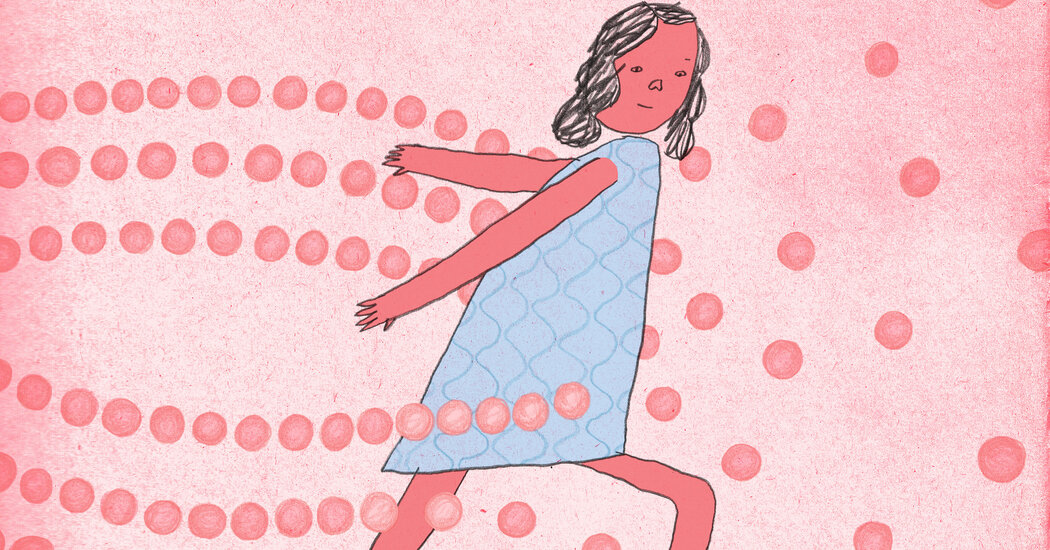
I have moved five times in the decade since, and they have never reappeared.
For years I grieved those pearls — the wasteful expense, the irresponsible loss. I imagined someone at Goodwill stumbling across the leather pouch while sorting through my bags of unwanted clothes, reveling in the little treasure. I hope they found a good home, maybe even on the neck of a happy bride.
Of course, I made other missteps after 22. Through most of my single years, I had sex with men I didn’t want to have sex with because it felt easier than saying no — and I often did so while drunk, to dull the physical pain I had experienced since the miscarriage — until I discovered pelvic floor therapy, which radically changed my sex life and romantic relationships.
I worked at a series of jobs I didn’t care about, berating myself for losing track of my so-called “path,” before finding, in writing and journalism, work about which I felt passionate. And I spent enough time in therapy to forgive my 18-year-old self for fumbling her way into pregnancy and marriage, for being tired and willing to give up the reins of her life for a little while. I try not to grip those reins too hard now but let them rest in my hands.
Today, I live in a Montana mountain town that doesn’t have a Macy’s. I’m 32 and plan to get married again next year, though I’m not technically engaged; my partner and I have been talking about our intentions, envisioning what we want our life to look like. When we first started dating, we were disillusioned with marriage, so we have been surprised to learn, four years in, that we have warmed to the idea.
After weathering family crises and a pandemic, we would like to celebrate the joy we have found together with a small, festive ceremony. We’re pretty sure we won’t have children, and we’re considering revisiting our marriage contract every five years and consciously deciding whether to renew it. Maybe that’s antithetical to the whole concept, but we like the idea of making the institution our own.




